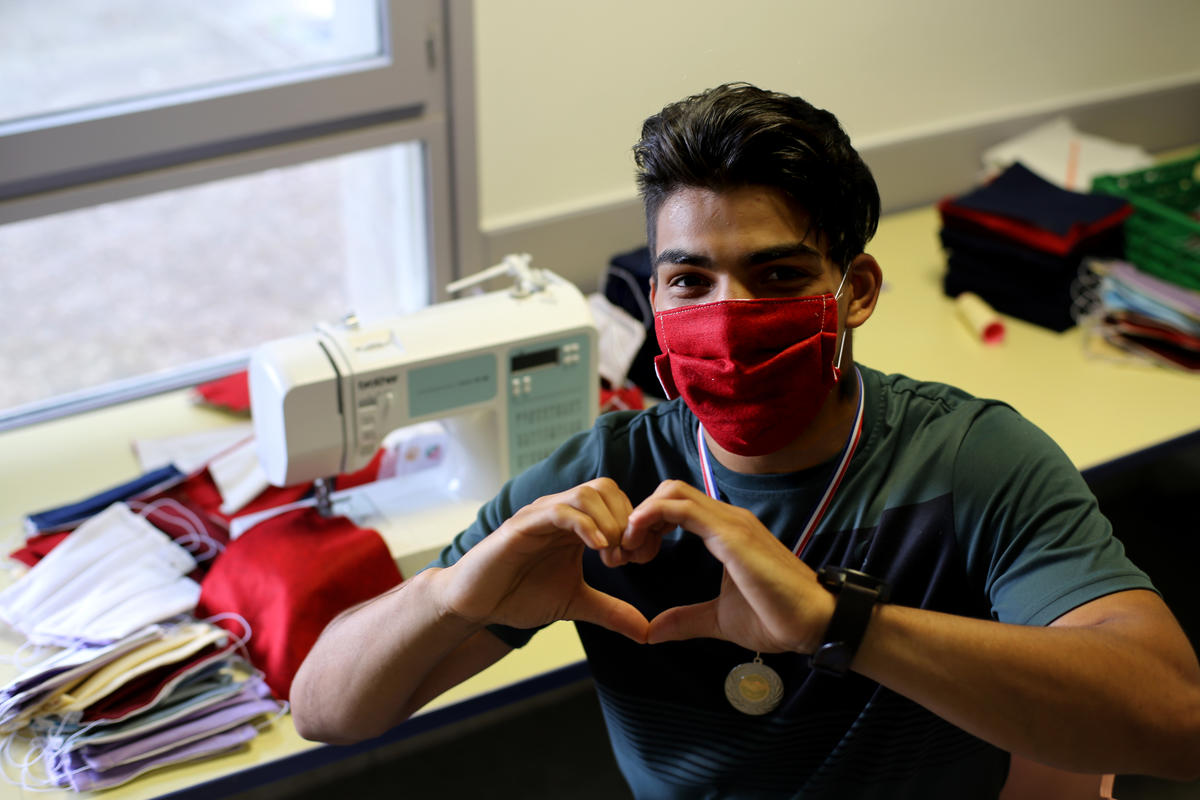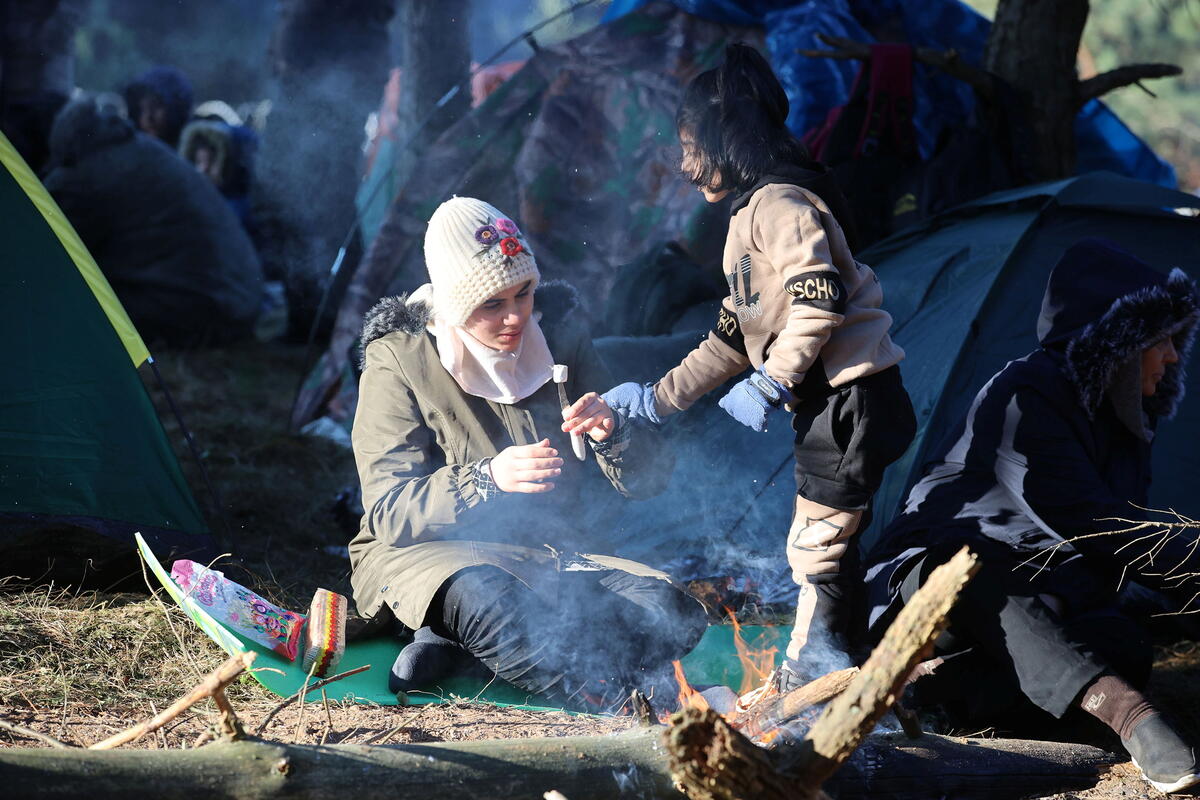Statement of UN High Commissioner for Refugees Filippo Grandi on Europe and asylum
Statement of UN High Commissioner for Refugees Filippo Grandi on Europe and asylum
The upcoming meetings of the EU in Brussels on asylum and migration come three years after the Mediterranean crisis, when more than a million desperate people crossed the sea to Europe. Despite today’s dramatically lower arrival rates, the shockwaves of that event still reverberate - at the political level, and in the tendency towards restrictive, unilateral approaches that some European countries have pursued in dealing with refugees and migrants since then. The moment has come to change things for the better. And today I am urging European States to seize this opportunity to find a new and united approach that answers the shared needs of all countries to be able to manage their borders and their migration policies, in a way that simultaneously upholds the European and international asylum standards that emerged from the Second World War.
This is achievable. But coherence and unity have been absent from Europe’s approach, and for too long. Countries that are bound together by geography, cultures and values have found themselves divided over asylum and the question of how to protect people fleeing persecution, conflict, and war. This culminated most recently in the Aquarius incident of early June, in which a boat carrying some 600 people rescued at sea was denied permission to land for several days. Such events put lives and international norms of rescue at sea at risk, and should never happen.
UNHCR is here to help. We are ready to work with European states in developing a way forward that is both realistic and principled. One rooted in solidarity and cooperation, and which avoids the recent tendency towards responsibility-shifting and other actions that harm refugees on the one hand, and Europe itself on the other. One that guarantees that those in distress at sea will be rescued and disembarked in a predictable manner, and addresses what happens to them once they are brought ashore. One that removes doubt about the genuineness of the reasons driving people to flee, and that provides for the return home of those who are not refugees, or otherwise entitled to stay.
Europe today is no longer in the crux of a migration or refugee crisis. Mediterranean arrivals numbers are at pre-2014 levels and are dropping towards their long-term historic averages. More than 9 in 10 of the world’s forcibly displaced people are outside Europe - either in their own countries or in immediately neighbouring ones: countries mostly of the Global South. And European support, solidarity and collaboration with these countries, as well as countries of transit, has become more critical than ever. Aid to refugee-hosting countries and communities, and resettlement places that provide legal pathways for vulnerable refugees to move to new countries, are needed to respond to this shared global challenge and address the conditions that propel refugees into hazardous onward journeys to Europe and elsewhere.
As countries around the world continue to discuss how to improve the international response to refugees through the Global Compact on Refugees, EU policies on asylum can and should set an example on how to manage refugee situations with compassion and solidarity. UNHCR stands ready to support the EU and Member States in this effort.
For more information on this topic, please contact:
- Melissa Fleming, Spokesperson for the High Commissioner, [email protected], +41 79 557 9122
- In Geneva, Charlie Yaxley, [email protected], +41 795 808 702







